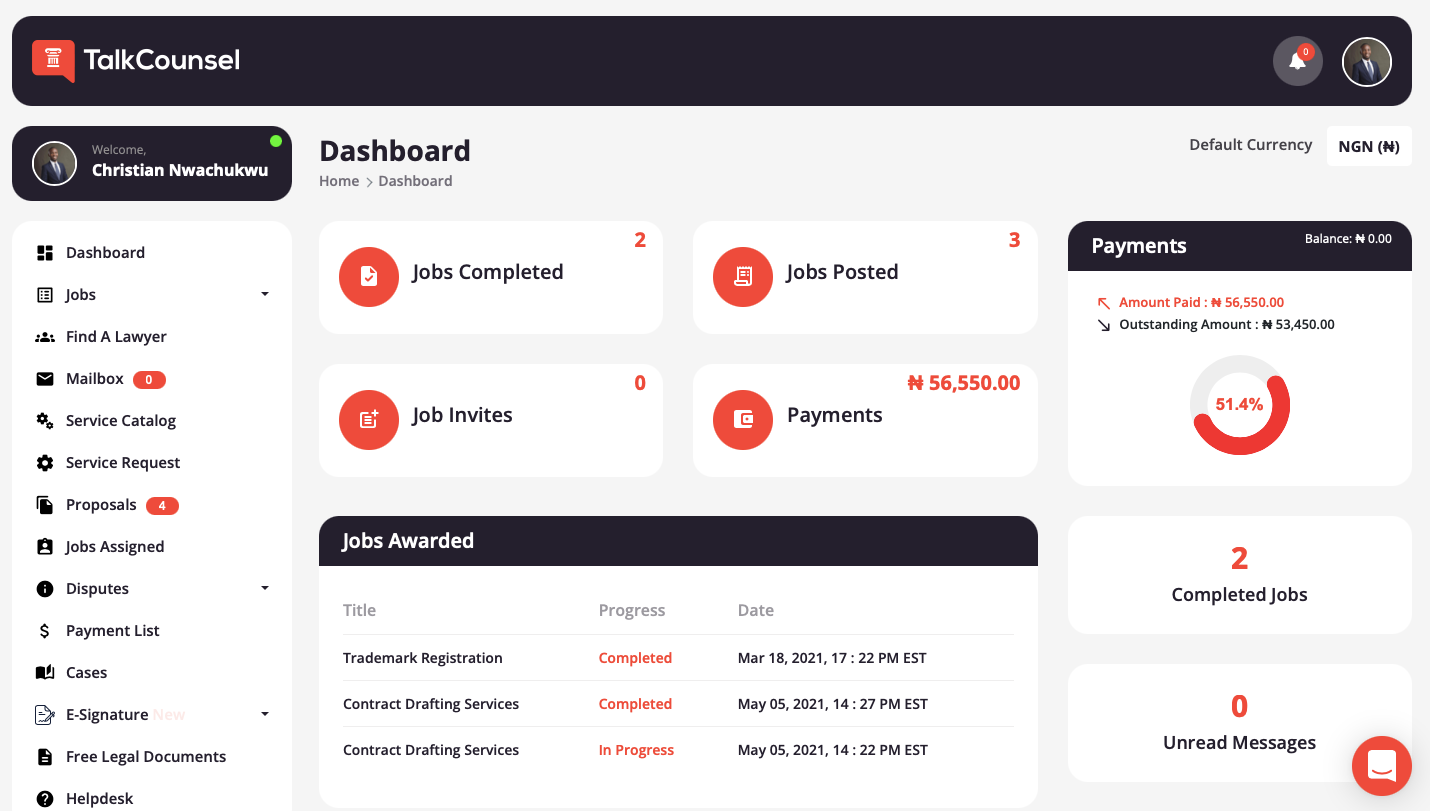In the legal world, precision and efficiency are paramount. Law firms operate in a highly competitive space where even a minor error can have significant consequences. Yet, empowering employees to make decisions is equally vital in such an environment. Such empowerment boosts morale, increases efficiency, and creates a dynamic, responsive firm culture. Below are five strategies to enable your team members to make confident decisions.
1. Provide Comprehensive Training
- Example: Organize regular workshops on legal research methodologies, case analysis, and court procedures. The more familiar employees are with the nuances of the law and your firm’s practices, the more confidently they can make decisions. For instance, when trained well, a paralegal can decide the best resources for a particular case without always seeking direction from a senior attorney.
2. Establish Clear Decision-Making Boundaries
- Example: Create a hierarchy of decision-making. Junior associates could be given full autonomy for routine tasks such as organizing client meetings or allocating resources. However, senior associates or partners might need to be consulted for more crucial decisions like settling a case or advising a client on a legal position. This hierarchy ensures that decisions are made at the right levels, balancing empowerment with accountability.
Recommendation: 7 Ways to Promote Employee Engagement and Increase Productivity
3. Encourage Open Communication
- Example: Hold regular team meetings where associates can discuss their challenges in cases and seek input. An open forum can provide various perspectives when a junior attorney is unsure how to proceed with a particular client issue. This process helps find the best solution and empowers the junior attorney to make a more informed decision in the future.
4. Use Technology and Legal Tools to Aid Decision Making
- Example: Invest in up-to-date legal software to help your team with legal research, case management, and document review tasks. For instance, an attorney can leverage AI-driven legal research tools to decide on the best precedents to use for a case. Providing such tools ensures that decisions are based on intuition and robust, data-driven insights.
5. Celebrate and Learn from Mistakes
- Example: Instead of reprimanding an associate for a misjudgment, turn it into a learning opportunity. For instance, organize a debriefing session if a case takes an unexpected turn due to a decision made. Discuss what went wrong, why the decision was made first, and what could be done differently. Such an approach helps refine decision-making skills and ensures that employees don’t shy away from taking the initiative out of fear of retribution.
Recommendation: 5 Empowering Strategies to Recharge Your Team When Morale Dips











